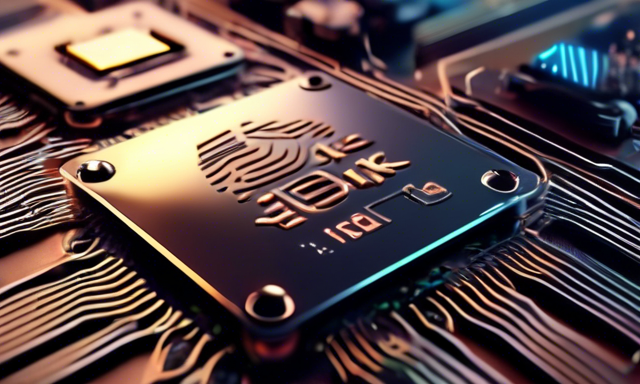Enhancing Energy Efficiency with Accelerated Computing
Artificial intelligence (AI) and accelerated computing are revolutionizing energy efficiency across different industries, as highlighted by a report from Lisbon Council Research. The utilization of NVIDIA GPUs for accelerated computing is paving the way for significant reductions in energy consumption and carbon emissions. Here are some key insights into how accelerated computing is driving sustainable practices:
The Sustainability of Accelerated Computing
Accelerated computing harnesses the power of NVIDIA GPUs to enable faster processing while consuming less energy compared to traditional CPU systems. This form of computing is increasingly being recognized for its sustainability benefits. When combined with AI, which excels in parallel processing, accelerated computing delivers substantial energy savings. The adoption of this technology is crucial in mitigating the environmental impact of energy-intensive processes.
Benefits of AI in Accelerated Computing:
- Parallel processing capabilities of GPUs
- More work completed in less time
- Significant energy savings compared to CPU-based systems
Advancements with AI Integration:
- Machine learning and deep learning applications perform better on GPUs
- Drive substantial energy efficiency gains
- Enhanced performance in energy-intensive tasks
Real-World Applications of Accelerated AI
Various industries have reported tangible benefits from implementing AI and accelerated computing. For example:
Financial Services:
- Murex achieved a significant reduction in energy consumption and processing time
- Testing NVIDIA’s Grace Hopper Superchip for improved efficiency
Manufacturing Sector:
- Wistron leveraged NVIDIA Omniverse for energy-efficient digital twin creation
- Reduced electricity consumption and carbon emissions through innovative solutions
Impact on Carbon Emissions Reduction
The adoption of accelerated computing technologies has shown promising results in reducing carbon emissions and improving operational efficiency. Notable achievements include:
Data Analytics:
- RAPIDS Accelerator for Apache Spark reduces carbon footprint by up to 80%
- Adobe, AT&T, and IRS leveraging technology for enhanced efficiency
Healthcare Innovations:
- Insilico Medicine accelerating drug discovery through AI-powered platforms
- Phase 2 clinical trials for rare diseases at reduced costs and timelines
Advancements in Scientific Computing
The National Energy Research Scientific Computing Center (NERSC) has witnessed substantial energy efficiency improvements with NVIDIA A100 Tensor Core GPUs. Key highlights include:
Weather Forecasting:
- Nearly 10x efficiency improvement in weather modeling applications
- Leading in energy-efficient supercomputing rankings
Future Applications:
- Utilizing AI for sustainable computing practices
- Maximizing energy savings and operational effectiveness





 By
By
 By
By
 By
By
 By
By
